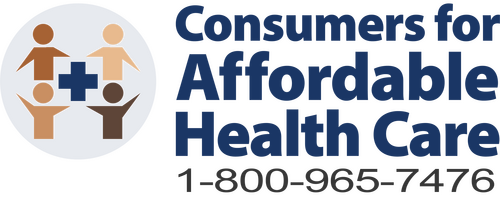Media Inquires, please contact policy@mainecahc.org or call 1-800-965-7476
The nonprofit Consumers for Affordable Health Care is supporting the proposal as advocates point to skyrocketing health care costs.
“More than 4 out of 10, almost half of Maine families, are struggling with medical debt,” said Executive Director Ann Woloson. These families owe about $4,500 on average, according to survey results released Thursday by Woloson’s organization.
.....
The bill is now in front of the legislature’s health and human services committee.
“This is not an attack on hospitals. We care about hospitals. We need to keep hospitals open,” Woloson said of the proposal. “But at the same time, we have to consider the effect rising health care costs are having on Maine families.”
“This survey data, collected from people across the state, demonstrated that Mainers can no longer be left holding the bag when it comes to health care costs,” commented Executive Director Amy Woloson. “They should be able to see a doctor or receive other health care they need without risking financial ruin.“
Kate Ende, policy director for Consumers for Affordable Health Care, said some hospitals would be exempt from the requirements. These include rural critical-access hospitals, which are often small hospitals in rural areas that receive higher Medicare and Medicaid reimbursement rates, as well as financially distressed hospitals.
Ende said another bill provision would mandate higher reimbursement rates for primary care and outpatient behavioral health.


